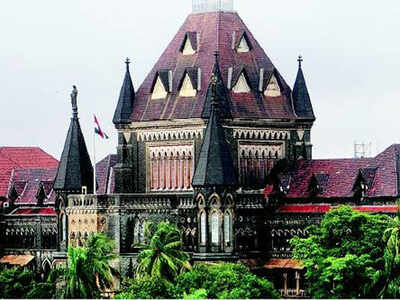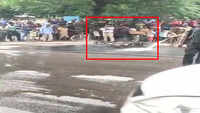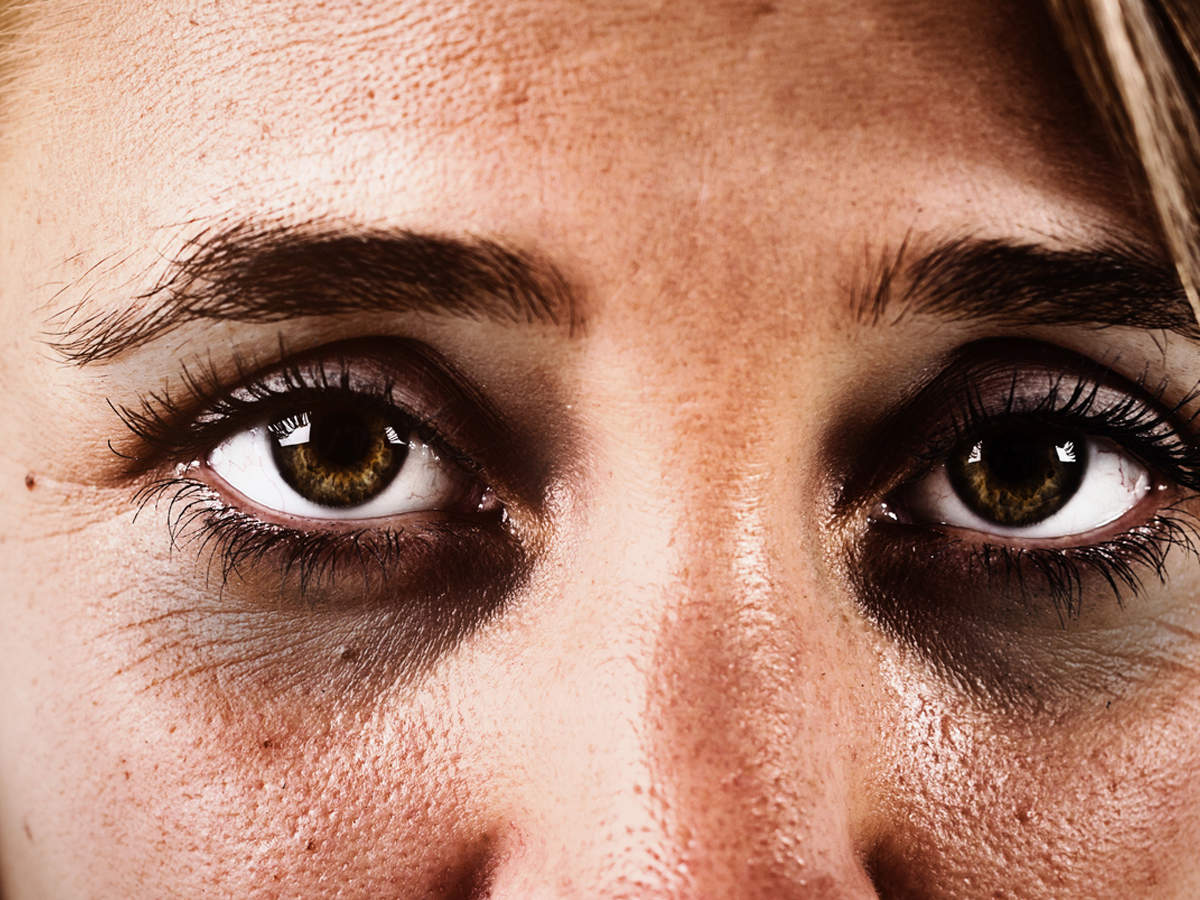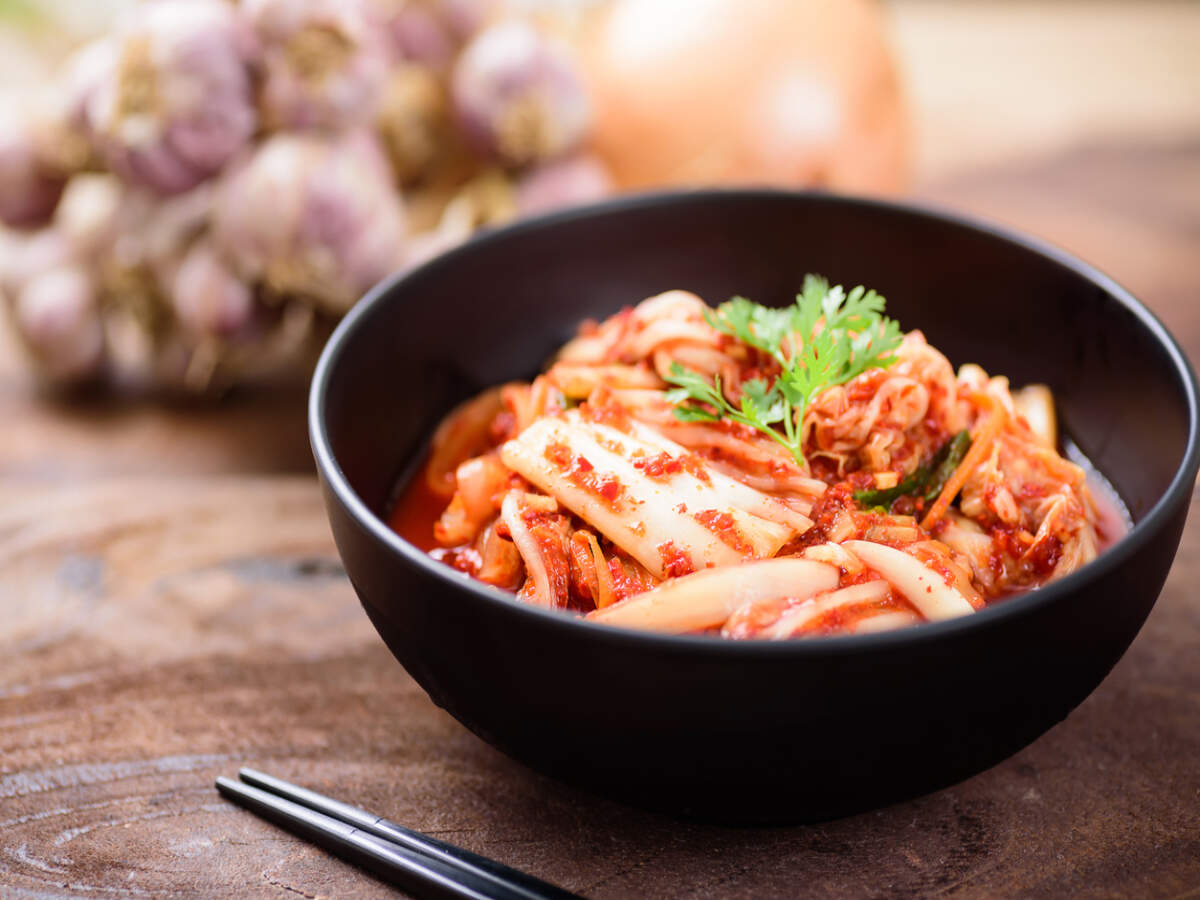Dowry death and cruelty are distinct penal offences, says Bombay HC; court sets aside man's acquittal in over 20-year-old case

MUMBAI: Holding that there is a difference between offences of dowry death and cruelty to wife, the Bombay high court overturned an acquittal of a husband under Section 498A of Indian Penal Code (IPC) in an over 20-year-old case where a young woman, married for barely six months, ended her life due to harassment.
The HC upheld conviction of the woman’s mother-in-law for offences of abetment to suicide and cruelty and the sentence of three years’ rigorous imprisonment for her. It said that the Pune sessions court had erroneously acquitted the husband Dinesh Kalbhor under Section 498A of IPC.
"The husband, the only son to whom (the victim) was married played a positive role in the harassment which drove her to commit suicide and this willful conduct has escaped the attention of sessions judge..." said the bench of Chief Justice Pradeep Nandrajog and Justice Bharati Dangre. She was pregnant at the time when she ended her life. The HC, however, said it would hear the husband before deciding on the quantum of sentence. It has issued him a notice and posted the matter to be heard where his counsel Sanjeev Kadam can also argue on the quantum.
“There is pain in being a woman, yes but there is pride in it too," began the HC judgment penned by Justice Dangre quoting an American author Mary Pauline Lowry.
"The raison d’etre of Section 498A is to prevent the torture being inflicted on a married woman by her husband or his relations and it is not restricted to only in relation to the demands of dowry but it is also intended to deal with cruelty inflicted upon a woman in the form of a willful conduct which is of such nature as is likely to drive the woman to commit suicide or to cause grave injury or danger to life, limb or health, whether mental or physical," said the bench adding, “Such willful act or conduct is necessarily to be the proximate cause in order to bring home the charge under Section 498-A IPC.”
“498-A IPC is not only attracted when there is harassment with a view to coerce a woman to meet an unlawful demand of any property or valuable security but it also gets attracted when the willful conduct of any person is likely to drive the woman to commit suicide or to cause grave injury or danger to her life, limb and health whether physical or mental," delineated the HC judgment.
“A young life is lost," said the HC and “her parents are made...to repent for persuading her to return to her matrimonial home and asking her to be patient," said the HC.
The accused had married in May 1998 and after complaining of harassment, she ended her life that November by consuming an insecticide.
Section 498-A and Section 304-B IPC (dowry death) make out two distinct offences, said the HC. It added, while the cruelty may be the same in both, Section 498A seeks to make cruelty itself punishable held the HC. That the sessions judge in Pune where the couple lived, acquitted him under Section 304-B IPC does not necessarily mean consequence of Section 498-A IPC being not established. There is “cogent and reliable evidence which attribute a specific role to her husband who was also party to the illtreatment," said the HC.
The order noted that “She was being abused, ill-treated and on her fortnightly visits to her paternal house she tried to vent her suffering but she was persuaded by her parents to bear the same. The evidence unerringly establishes the enormity of callousness inflicted and silently borne by Vaishali and it gave birth to a conviction that there is no sunlight, pasturage or meadow to be found in her life. The negative thoughts propelled by the brutality and bestiality inflicted by the mother-in-law and the silence of the husband and his participation along with the mother-in-law subjecting her to physical and mental torture and the risk of certainty of grave injury and danger to her life, limb and health, battered Vaishali and she chose to take the extreme step."
The HC upheld conviction of the woman’s mother-in-law for offences of abetment to suicide and cruelty and the sentence of three years’ rigorous imprisonment for her. It said that the Pune sessions court had erroneously acquitted the husband Dinesh Kalbhor under Section 498A of IPC.
"The husband, the only son to whom (the victim) was married played a positive role in the harassment which drove her to commit suicide and this willful conduct has escaped the attention of sessions judge..." said the bench of Chief Justice Pradeep Nandrajog and Justice Bharati Dangre. She was pregnant at the time when she ended her life. The HC, however, said it would hear the husband before deciding on the quantum of sentence. It has issued him a notice and posted the matter to be heard where his counsel Sanjeev Kadam can also argue on the quantum.
“There is pain in being a woman, yes but there is pride in it too," began the HC judgment penned by Justice Dangre quoting an American author Mary Pauline Lowry.
"The raison d’etre of Section 498A is to prevent the torture being inflicted on a married woman by her husband or his relations and it is not restricted to only in relation to the demands of dowry but it is also intended to deal with cruelty inflicted upon a woman in the form of a willful conduct which is of such nature as is likely to drive the woman to commit suicide or to cause grave injury or danger to life, limb or health, whether mental or physical," said the bench adding, “Such willful act or conduct is necessarily to be the proximate cause in order to bring home the charge under Section 498-A IPC.”
“498-A IPC is not only attracted when there is harassment with a view to coerce a woman to meet an unlawful demand of any property or valuable security but it also gets attracted when the willful conduct of any person is likely to drive the woman to commit suicide or to cause grave injury or danger to her life, limb and health whether physical or mental," delineated the HC judgment.
“A young life is lost," said the HC and “her parents are made...to repent for persuading her to return to her matrimonial home and asking her to be patient," said the HC.
The accused had married in May 1998 and after complaining of harassment, she ended her life that November by consuming an insecticide.
Section 498-A and Section 304-B IPC (dowry death) make out two distinct offences, said the HC. It added, while the cruelty may be the same in both, Section 498A seeks to make cruelty itself punishable held the HC. That the sessions judge in Pune where the couple lived, acquitted him under Section 304-B IPC does not necessarily mean consequence of Section 498-A IPC being not established. There is “cogent and reliable evidence which attribute a specific role to her husband who was also party to the illtreatment," said the HC.
The order noted that “She was being abused, ill-treated and on her fortnightly visits to her paternal house she tried to vent her suffering but she was persuaded by her parents to bear the same. The evidence unerringly establishes the enormity of callousness inflicted and silently borne by Vaishali and it gave birth to a conviction that there is no sunlight, pasturage or meadow to be found in her life. The negative thoughts propelled by the brutality and bestiality inflicted by the mother-in-law and the silence of the husband and his participation along with the mother-in-law subjecting her to physical and mental torture and the risk of certainty of grave injury and danger to her life, limb and health, battered Vaishali and she chose to take the extreme step."
Trending Topics
LATEST VIDEOS
City
 Delhi: Upset over challan, 'drunk' man sets his bike on fire in Sheikh Sarai
Delhi: Upset over challan, 'drunk' man sets his bike on fire in Sheikh Sarai  Former CM Siddaramaiah slaps party worker at an event in Karnataka
Former CM Siddaramaiah slaps party worker at an event in Karnataka  Madhya Pradesh: Young tribal woman beaten up, paraded half-naked over inter-caste affair; video goes viral
Madhya Pradesh: Young tribal woman beaten up, paraded half-naked over inter-caste affair; video goes viral  Caught on cam: Youth Congress leader assaults hotel employee in Madhya Pradesh, pushes him inside drain for not giving matchbox
Caught on cam: Youth Congress leader assaults hotel employee in Madhya Pradesh, pushes him inside drain for not giving matchbox
More from TOI
Navbharat Times
Featured Today in Travel
Quick Links
Lok Sabha Election Schedule 2019Lok Sabha Election NewsDelhi Capitals teamMI team 2019Rajasthan Royals 2019RCB team 2019Maharashtra Lok Sabha ConstituenciesBJP Candidate ListBJP List 2019 TamilnaduShiv Sena List 2019AP BJP List 2019Mamata BanerjeeBJP List 2019 MaharashtraPriyanka GandhiBJP List 2019 KarnatakaAMMK Candidate List 2019BJP List 2019 WBLok Sabha Elections in Tamil NaduBSP List 2019 UPNews in TamilLok Sabha Poll 2019Satta Matka 2018PM ModiMahagathbandhanNagpur BJP Candidate ListChandrababu NaiduTamil Nadu ElectionsUrmila MatondkarNews in TeluguMadras High CourtTejashwi YadavArvind KejriwalTejasvi SuryaPawan KalyanArvind KejriwalYogi AdityanathJaya PradaSatta King 2019Srinagar encounter
Get the app





